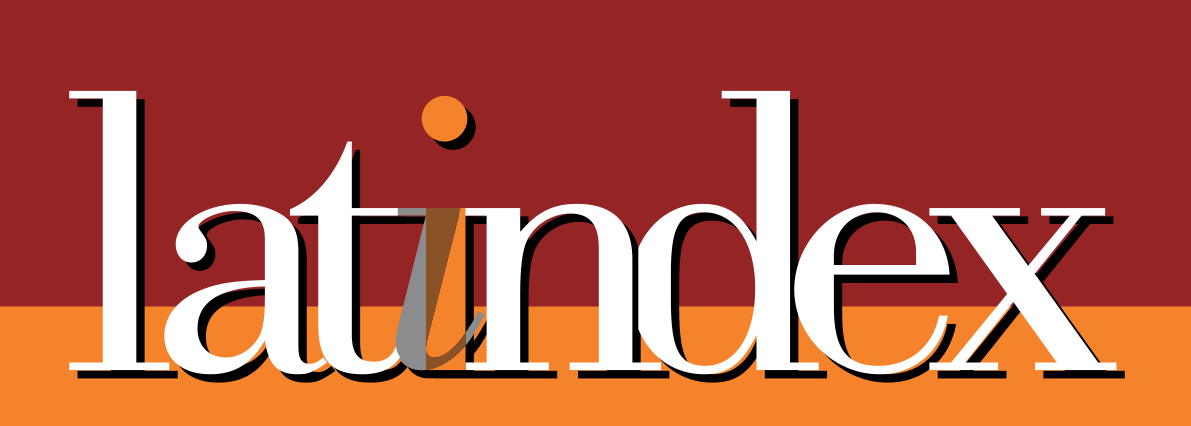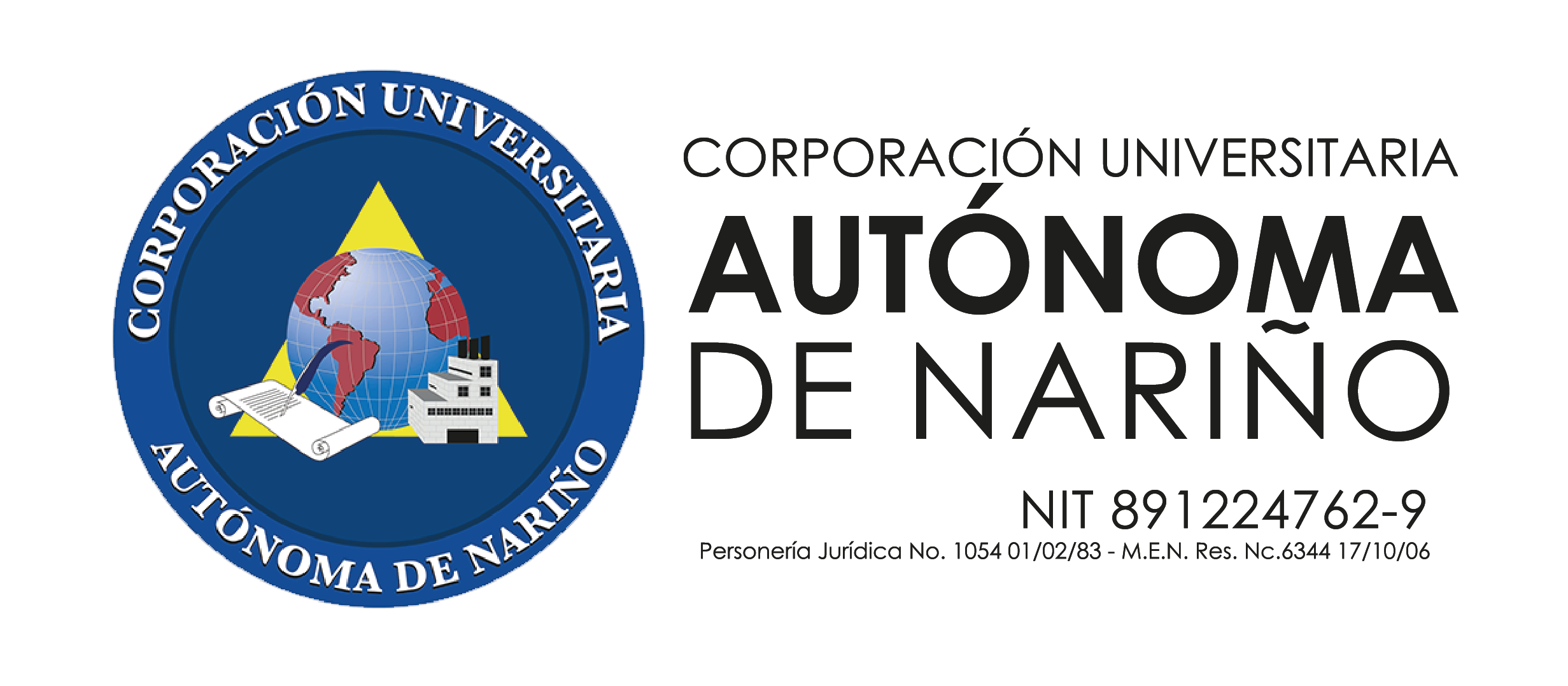Neuroethics as the cardinal axis in the managerial attitude of the university professor
DOI:
https://doi.org/10.47666/summa.3.1.12Keywords:
cognitive management, neuroethics, managerial praxis, university professorAbstract
The purpose of this research was to interpret neuroethics as the cardinal axis in the managerial attitude of the university professor; from a theoretical contrast between authors such as Jung (1943), MacLuhan (1990), Eibl-Eibesfeldt (1993), Nonaka and Takeuchi, (1995), Evers, K. (2010), Senge (1999), Covey (2013), among others. The study was approached from the qualitative paradigm, under an analytical documentary design, based fundamentally on the collection, selection, organization and analysis of the material obtained through the opinion of the authors mentioned, experts in the subject studied. It is concluded that the fundamental neuroethics constitutes a determining pillar in the teaching managerial practice, contextualized in the university classroom, since it has a neural relationship with the attitudinal components that will be evidenced by the behavior, from which behavioral patterns are derived, which will have lead to the practice of a cognitive management, centered on principles, with the purpose of educating in values.
Downloads
References
Ainscow, M. (1999). Tendiéndoles la mano a todos los estudiantes; algunos retos y oportunidades. Madrid: Revista Siglo Cero.
Almeyda, J. (2020). Aristóteles y Tomás de Aquino: un análisis en torno a la polis y la res pública. Revista Filosofía UIS, 19(1), 35-58. https://doi.org/10.18273/revfil.v19n1-2020011
Arias, W. (2018). La frenología y sus implicancias: un poco de historia sobre un tema olvidado. Revista chilena de neuro-psiquiatría, 56(1), 36-45. http://dx.doi.org/10.4067/s0717-92272018000100036
Bandura, A. (1987). Teoría del aprendizaje social. Recuperado de: https://nanopdf.com/download/teoria-del-aprendizaje-social-albert-bandura_pdf
Blanco, A. (1995). Metodología observacional. Barcelona: PPU.
Cortina, A. (2013). Ética del Discurso: ¿un marco filosófico para la neuroética? Revista de filosofía moral y política, 48, 127-148. https://doi.org/10.3989/isegoria.2013.048.07
Covey, S. (2013). El liderazgo centrado en principios. Bogotá: Editorial Paidós Ibérica.
Díaz, A. y Serra, L. (2020). Competencias digitales del docente universitario. SUMMA. Revista disciplinaria en Ciencias económicas y sociales, 2(1), 105-125.
Eibl-Eibesfeldt, I. (1993). Biología del comportamiento humano: manual de etología humana. (Primera edición). Madrid: Editorial Alianza.
Escobar M, y Pimienta J. (2003). Núcleos de la base. Sistema nervioso: neuroanatomía funcional, neurohistología, neurotransmisores, receptores y clínica. Cali: Editorial Universidad del Valle.
Evers, K. (2010). Neuroética. Cuando la materia se despierta. Recuperado de: http://www.scielo.org.mx/scielo.php?script=sci_arttext&pid=S0185-24502013000100012
Gadamer, H. (2002). Acotaciones hermenéuticas. Madrid: Editorial Trotta.
Gago, L. y Elgier, Á. (2018). Trazando puentes entre las neurociencias y la educación. Aportes, límites y caminos futuros en el campo educativo. Psicogente, 21(40), 476-494. https://doi.org/10.17081/psico.21.40.3087
Germani, G. (1968). Sociología de la moral. La sociología y el problema de la vida moral. Buenos Aires: Editorial Paidós.
Guédez, V. (2001). Gerencia, cultura y educación. Caracas: Fondo Editorial Tropykos.
Hobbes, T. (1980). Leviatán o la materia, forma y poder de una República Ecleciástica y Civil. Ciudad de México: Fondo de Cultura Económica.
Jung, C. (1943). Tipos psicológicos. Buenos Aires: Editorial Sudamericana.
Kahneman, D. (2011). Thinking, fast and Slow. New York: Farrar, Strauss and Giraux.
López, N. (2015). Neuroética: La Dotación ética del cerebro humano. Cuadernos de Bioética, XXVI, 415-425.
MacLean, P. (1990). The Triune Brain in Evolution: Role in Paleocerebral funtions. New York: Plenum Press.
Montoya, B. y Romero, J. (2020). Neurociencia: la clave para la educación del futuro. Recuperado de: https://blogthinkbig.com/neurociencia-educacion-futuro
Nietzsche, F. (1887). La genealogía de la moral. Ciudad de México: Alianza Editorial.
Nonaka, I. y Takeuchi. H. (1995). La organización creadora de conocimiento. Cómo las compañías japonesas crean la dinámica de la innovación. Ciudad de México: Oxford University Press.
Peralta, R. (2018). Gerencia actitudinal del docente universitario: un modelo teórico basado en la persona completa. Tesis doctoral. Universidad Yacambú, Venezuela.
Reyes, C y Junges, J. (2020). Ciencias cognitivas y la neuroética. Revista Bioética, 28(2), 257-264. https://doi.org/10.1590/1983-80422020282387
Rogers, C. (1995). El camino del Ser. Barcelona: Editorial Kairós.
Rosenberg y Hovland, H. (1960). Cognitive, affective and behavioral components of attitudes. In C.I. Hovland and M.J. Rosenberg (Eds.). Attitude Organization and change (pp. 1-14). New Haven: Yale University Press.
Sabino, C. (2006). Los caminos de la ciencia: una introducción al método científico. Buenos Aires: Lumen-Humanitas.
Safire, W. (2002). Visions for a New Field of “Neuroethics”. Marcus, S. J. (ed.), Neuroethics. Mapping the Field. New York: The Dana Press.
Santos, M. (2013). La Luz del Prisma para comprender las organizaciones educativas. Madrid: Editorial Algibe.
Senge, P. (1999). La quinta disciplina: el arte y la práctica de la organización abierta al aprendizaje. Barcelona: Editorial Granica.
Suárez, N. (2007). La investigación documental paso a paso. Mérida: Consejo de Publicaciones de la Universidad de los Andes.
Tello, C. (2012). Las epistemologías de la política educativa: vigilancia y posicionamiento epistemológico del investigar en política educativa. Praxis educativa, 7(1),
-68.
Yurén, T. (2013). Ética profesional y praxis. Una revisión desde el concepto de “agencia”. Perfiles educativos, 35(142), 6-14.








